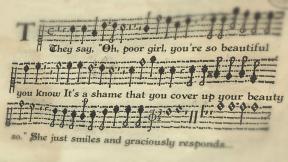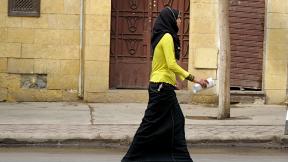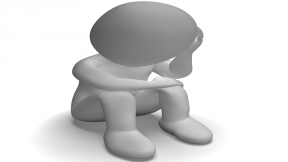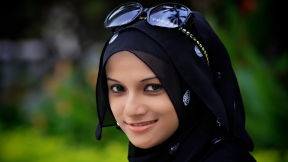
Abu Hurairah narrated that the Messenger of Allah (peace and blessings be upon him) said, “I will not be a witness for two types of people who are destined for the Fire: people with whips, like the tails of cows, who beat the people (i.e., tyrannical rulers who are enemies of their own people), and women who, although clothed, are yet naked, seducing and being seduced, their hair styled like the tilted humps of camels. These will not enter the Garden nor will its fragrance even reach them, although its fragrance reaches a very great distance” (Reported by Muslim).
Political oppression and moral laxity
The astonishing thing about this Hadith is the connection of political oppression with moral laxity. This connection is borne out by facts, since it is the way of rulers to keep people preoccupied with their personal desires and lusts so that they have no time to think about public affairs.
This is why I view Hijab as a dignified dress AND as a potent tool inextricably tied to social activism.
With Hijab, every public moment becomes Dawa
Alhamdulillah, I began wearing Hijab four years ago. Since then, I feel that my Hijab has permitted me to be a Muslim youth activist at many different levels. In fact, every moment in public becomes a sort of Dawah.
In this society especially, people use their clothes to send a message, to label who they are as individuals, and to demonstrate what groups they belong to.
Only a few years ago, a furtively whispered comment, “um, excuse me, your tag [that shows the name of the company] is showing!” would have been appreciated.
Now, it seems that many clothes are BUILT around the tag itself! The reality is that every group has its uniform. Thus, I think that Hijab is especially suited (pun intended) as a medium of nonverbal communication of Muslim identity in this very appearance-based society.
Hijab: A picture of the Muslim woman
Indeed, a picture is worth a thousand words.
Often the most minimal of words or images can have a definite impact. A huge picture of a black swoosh on a billboard will immediately bring to mind the Nike company.
Hijab is increasingly being identified not as an odd, unexplainable method of dressing by a woman, but an odd, unexplainable method of dressing by a MUSLIM woman. Once this connection has been made, whatever that woman does will be registered as something Muslim women do.
Hijab shatters stereotypes
In this society it seems that - women especially- wear clothes not to cover, but to strategically expose, their bodies. By being seen by others in loose, opaque clothing covering all but the hands and face, Muslim women are sending out a very strong message that they choose not to participate in the game of show-and-seek.
When these same women in Hijab are seen laughing [what, how dare they be happy, isn't someone forcing them to dress that way?] or reading and writing [educated and literate too!] important stereotypes are shattered without a word being spoken.
When people hear me speak, regardless of what I say, they note that I have a North American accent when I speak English, and a distinctly Quebecois accent when I speak French.
So automatically, they realize that a woman who wears Hijab is not necessarily from a foreign country. That even a woman born and raised on pure Canadian milk and cookies can be motivated to choose to cover herself with Hijab. So already, regardless of what I actually do or say, this information is transmitted.
The Ummah must cultivate a distinct identity
The key to our success as an Ummah in this Western society, I feel, is the cultivation of a distinct and positive identity among the Muslim brothers and the sisters.
One noted speaker once said that a tool can be used either for you or against you. I feel that my Hijab works to foster a positive image of Islam if I speak for the rights of women in society, for the advantages of sustainable natural resource management, and for the political rights of oppressed persons everywhere.
However, if I am seen behaving rudely, doing badly in school, or encouraging injustice, a mental note is made not just against me, but against Islam.
“Hijab activism” is a challenging and honorable way for sisters to encourage themselves towards increasing their own submission to Allah while also inviting others to learn more about what it truly means to be a Muslim in society.
Photo Attribution: http://commons.wikimedia.org/wiki/Category:Hijabs#mediaviewer/File:Muna_AbuSulayman_-_World_Economic_Forum_on_the_Middle_East,_North_Africa_and_Eurasia_2012.jpg








Add new comment